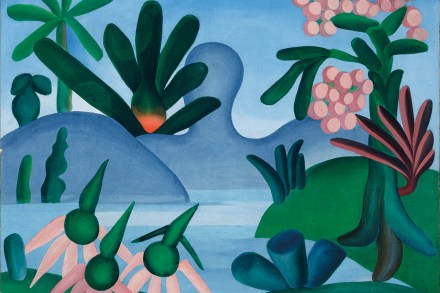The stigma still surrounding leprosy
One of the earliest leper hospitals in Britain was built in London near the beginning of the 12th century by Queen Matilda, the wife of Henry I. It was a benign combination of housing, hospital and chapel, with patients free to come and go as they wished. Matilda started a fashion among the wealthy, so that by 1350 there were more than 300 such hospitals across the kingdom. Far from lepers being shunned and feared as outcasts, therefore, their treatment for much of the medieval period was enlightened. ‘The mythology of the “medieval leper” seems no more real than that of the vampire or ghoul,’ writes Oliver Basciano. The author











